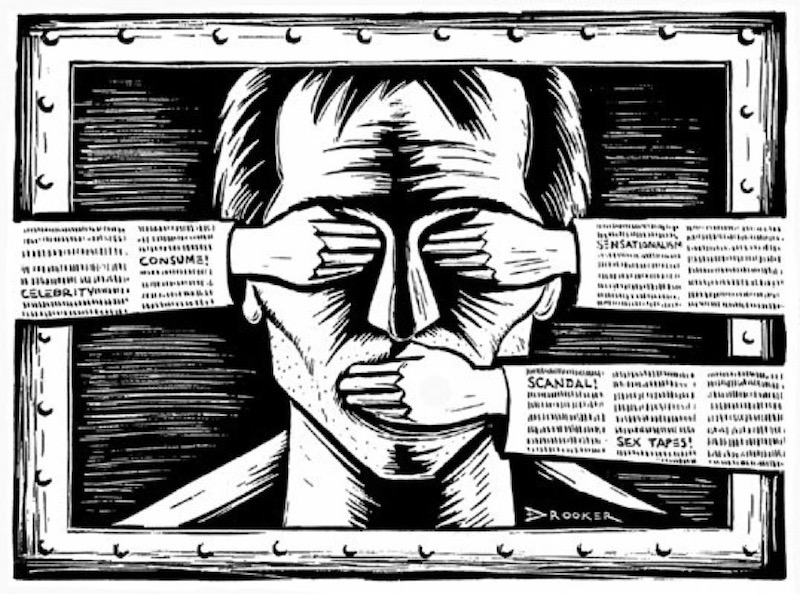
Centre for Independent Journalism (CIJ) wants the government to precisely define the term “offensive remarks” if it is serious in promoting responsible discussions.
CIJ director Sonia Randhawa was responding to Communications and Multimedia Minister Gobind Singh Deo, who earlier today called for media organisations to regulate readers’ comments on their social media platforms, in order “to preserve public order.”
“How people respond to the news is entirely their responsibility. Our job is just to inform. Readers can do whatever they like with the information they received. Why should the media control people’s reactions?

by: Zaidi Azmi
KUALA LUMPUR: Centre for Independent Journalism (CIJ) wants the government to precisely define the term “offensive remarks” if it is serious in promoting responsible discussions.
CIJ director Sonia Randhawa today said the country’s existing restrictions to freedom of speech are so broadly defined to the point that it is susceptible to abuse; particularly against government critics.
“Any exceptions to freedom of speech need to be narrowly defined, and defined in such a way that they take into account the position of people who are vulnerable, rather than defending primarily the rights of powerful institutions or people.
“We seem to be obsessed with making rules and laws to govern every aspect of our speech and lives, but perhaps we could ask, instead, that our laws provide the general framework within which each of us -particularly politicians and the media- try to cultivate the very best standards of public discourse,” she said in an email to The Mole.
Randhawa was responding to Communications and Multimedia Minister Gobind Singh Deo, who earlier today called for media organisations to regulate readers’ comments on their social media platforms, in order “to preserve public order.”
This was seen as a backpedal because Gobind had yesterday said the government plans to introduce a new law to punish news outfits that publish their readers’ inflammatory comments.
Article 10 of the Federal Constitution states that every citizen has a right to freedom of speech and expression with restrictions on issues such as the status of the national language and religion, Bumiputera special rights, as well as defamation and incitement to any offence.
While agreeing with Gobind’s view on the need for the media to help foster more responsible and decorous public discussions, Malaysian Press Institute chief executive officer Datuk Dr Chamil Wariya argued that regulating readers’ comments on social media is impractical.
“Regulating readers’ comments on social media is a different ballgame than going through the comments made on a news outfit’s websites. There are million of social media users and combing through all of their comments drains resources,” said Chamil.
On Twitter however, Malay Mail assistant news editor Boo Su Lynn was dead set against Gobind’s call, claiming that regulating readers’ comments is not news outfits’ job.
“How people respond to the news is entirely their responsibility. Our job is just to inform. Readers can do whatever they like with the information they received. Why should the media control people’s reactions?.
“If the government has a problem with Facebook comments, then take it up with Facebook. Don’t push the responsibility to news portals. If you can’t stand freedom of expression, then just ban Facebook altogether like China then,” she tweeted.
Source:



